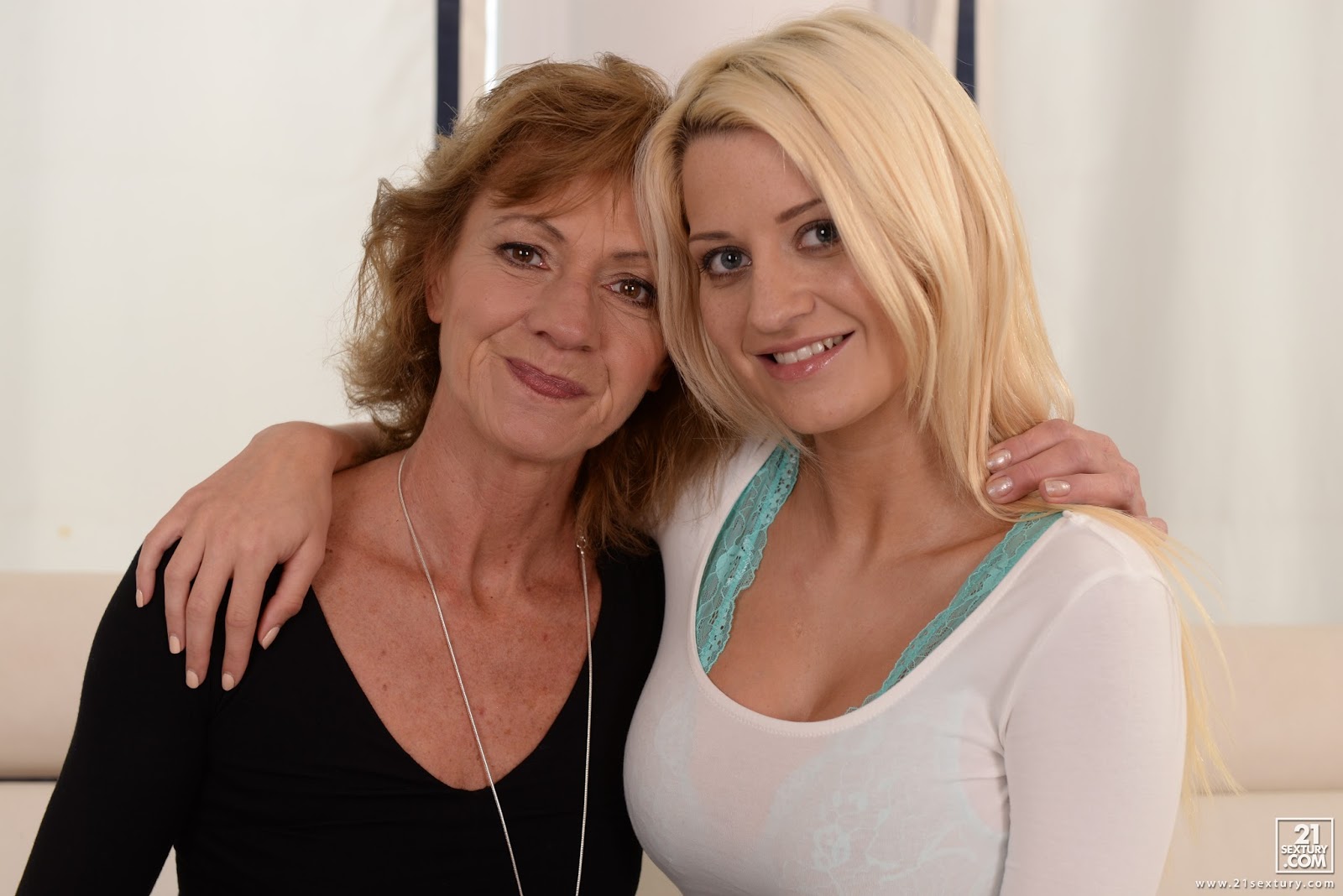The topic of young older lesbians fascinates many individuals, highlighting a unique relationship dynamic that transcends age differences. As societal norms evolve, the visibility of relationships between younger and older women has gained traction, sparking discussions around love, companionship, and the challenges faced. This article aims to provide an in-depth exploration of the young older lesbian community, shedding light on their experiences, relationships, and the societal perceptions surrounding them.
In this comprehensive guide, we will delve into the various aspects of young older lesbians, including their motivations for engaging in such relationships, the challenges they encounter, and the evolving perceptions within society. By understanding these dynamics, we can foster a more inclusive and accepting environment for all kinds of love.
Whether you are part of the community, an ally, or simply curious, this article aims to equip you with knowledge and insights that can help bridge gaps and promote understanding. Join us as we explore the multifaceted world of young older lesbians.
Table of Contents
- 1. Defining Young Older Lesbians
- 2. Historical Context of Age-Diverse Relationships
- 3. The Psychology Behind Young Older Lesbian Relationships
- 4. Social Perceptions and Stigmas
- 5. Challenges Faced by Young Older Lesbians
- 6. Benefits of Young Older Lesbian Relationships
- 7. Personal Stories and Experiences
- 8. Resources and Support Systems
1. Defining Young Older Lesbians
Young older lesbians refer to relationships where one partner is significantly younger than the other, typically with an age gap of 10 years or more. These relationships can encompass a wide age range, with the younger partner often being in their twenties or thirties, while the older partner may be in their forties or beyond. The dynamics of these relationships can vary significantly based on individual circumstances, cultural backgrounds, and personal preferences.
2. Historical Context of Age-Diverse Relationships
Historically, relationships between individuals of different ages have existed across cultures, often influenced by societal norms and values. In the LGBTQ+ community, the acceptance of age-diverse relationships has seen significant changes over the decades, with increased visibility and representation in media and society.
Key Historical Milestones
- The rise of the LGBTQ+ rights movement in the 1960s and 1970s.
- Increased media representation of lesbian relationships in the 1990s.
- The emergence of social media as a platform for connection and visibility in the 2000s.
3. The Psychology Behind Young Older Lesbian Relationships
Understanding the psychological motivations behind young older lesbian relationships can provide insights into their dynamics. Many couples find that age differences can lead to unique perspectives and experiences that enrich their bond. Factors such as emotional maturity, life goals, and shared interests often play a significant role in the success of these relationships.
Common Psychological Factors
- Emotional compatibility and maturity.
- Shared values and life experiences.
- The desire for mentorship and guidance.
4. Social Perceptions and Stigmas
Despite the growing acceptance of diverse relationships, young older lesbians often face societal perceptions and stigmas. These can include assumptions about the motivations behind their relationships, such as financial dependency or a desire for control. Addressing these stereotypes is crucial for fostering understanding and acceptance.
Challenging Societal Norms
- Advocating for visibility and representation in media.
- Encouraging open discussions about age diversity in relationships.
- Promoting educational resources to dispel myths and stereotypes.
5. Challenges Faced by Young Older Lesbians
While many young older lesbians thrive in their relationships, they also face unique challenges. Navigating societal perceptions, family dynamics, and personal insecurities can create obstacles that require open communication and understanding.
Common Challenges
- Dealing with external judgment and criticism.
- Managing differences in life stages and priorities.
- Addressing concerns about power dynamics in the relationship.
6. Benefits of Young Older Lesbian Relationships
Despite the challenges, young older lesbian relationships can offer numerous benefits. Many couples find that their age difference allows for a unique blend of perspectives, fostering deeper emotional connections and personal growth.
Potential Benefits
- Enhanced emotional support and understanding.
- Opportunities for personal growth and self-discovery.
- Access to diverse experiences and knowledge.
7. Personal Stories and Experiences
Sharing personal stories can help illuminate the diverse experiences of young older lesbians. These narratives can offer valuable insights into the realities of their relationships and the challenges they face.
Notable Experiences
- Stories of overcoming societal judgment.
- Examples of successful relationship dynamics.
- Insights into personal growth and mutual support.
8. Resources and Support Systems
For those seeking support or information about young older lesbian relationships, numerous resources are available. Online communities, local LGBTQ+ organizations, and counseling services can provide valuable assistance.
Recommended Resources
- LGBTQ+ community centers and support groups.
- Online forums and social media groups for young older lesbians.
- Books and articles focused on age-diverse relationships.
Conclusion
In conclusion, the topic of young older lesbians encompasses a rich tapestry of experiences, challenges, and benefits. By fostering understanding and acceptance, we can create a more inclusive society that celebrates love in all its forms. We encourage readers to share their thoughts and experiences in the comments below, and to explore further articles on our site related to LGBTQ+ relationships.
Closing Thoughts
Thank you for taking the time to read our comprehensive guide on young older lesbians. We hope it has provided valuable insights and sparked your curiosity. We invite you to return for more engaging content, as we continue to explore topics that matter to you.
Article Recommendations


